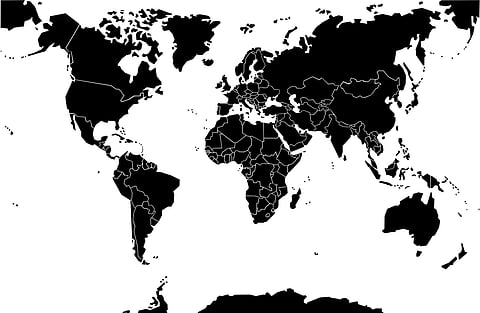

Graduate Management Education (GME) programmes across the world recorded a 7 per cent rise in applications in 2025, according to new data from the Graduate Management Admission Council’s (GMAC) Application Trends Survey. The gains, however, were unevenly spread, revealing clear geographic and structural shifts in where students are choosing to study and what they want to learn.
While applications to United States, United Kingdom, and Canada business schools declined amid tighter visa rules and labour market uncertainty, regions such as Asia and non-UK Europe saw strong growth. India’s business schools reported a 26 per cent increase, while East and Southeast Asia registered a 42 per cent jump, indicating a wider redirection of international applicants.
Demand was highest for full-time, in-person MBA and master’s programmes in finance, marketing, and accounting. In contrast, Master of Business Analytics courses continued to see weakening interest, and applications for executive, online, and part-time MBAs fell after several years of remote work-driven growth. The downturn among flexible formats may be linked to the global return-to-office (RTO) trend.
The report also shows that AI and sustainability are becoming integral to business education. Over 80 per cent of schools now integrate AI into their curriculum, and three in four include sustainability studies, with the highest participation seen in Asian institutions.
The survey covered 1,172 programmes from 326 business schools in 41 countries, mapping the shifting priorities of business students entering the 2025–2026 academic year.
Joy Jones, CEO of GMAC, said the next phase of business education is being shaped by “changing student and employer expectations, challenging geopolitics, and new skill demand prompted by technologies like AI.”
